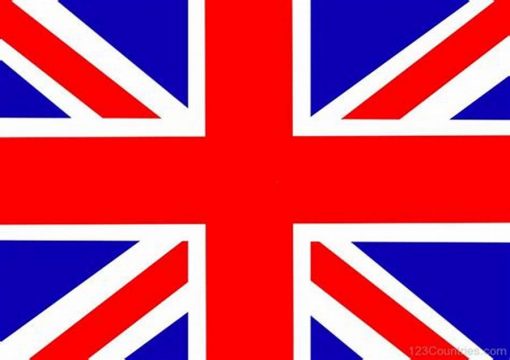Brexit, the process which will see the United Kingdom leave the European Union, has been a source of controversy since the referendum was voted back in 2016. After months of fraught turmoil, a Withdrawal Agreement, essentially a final agreed-upon deal between the U.K. and the EU, has been set up, but it has faced considerable blowback from groups who are opposed to the idea. Game industry leaders in the region have now voiced their own opinions, publicly rejecting a Brexit deal.
An anti-Brexit group called Games4EU has published an open letter to the United Kingdom government that voices their concerns about the U.K. leaving the European bloc. They claim that by leaving the EU, it would be a “dire threat to UK interactive entertainment.”
“Leaving the EU’s customs union, single market, VAT area and regulatory framework (in whole or part) will rip up the bedrock on which our industry operates and [will] cause us grave harm,” the letter says.
The group also calls for a People’s Vote, where there would be a further public vote that would approve or reject the final Brexit deal, possibly leading to a second Brexit referendum.
The letter has been signed by 127 different companies and more than 1,300 people, the most notable being Fable creator Peter Molyneux. Others include industry leader Ian Livingstone, Monument Valley creator Dan Gray and CEO of King Riccardo Zacconi.
This is in conjunction with a similar letter that another group, Tech for UK, written a few weeks ago on November 15. They, too, agree that the Withdrawal Agreement “will not serve the best interests of the UK tech industry”. Combined with the numbers from the Games4EU letter, that makes it over 2,000 people in the U.K.’s technology industry who oppose the agreement.
It was announced last weekend that leaders of the EU have agreed to the Withdrawal Deal, setting up a Parliament vote which is scheduled for December 11. Not everyone is committed to the deal, including members of Prime Minister Theresa May’s own Conservative party, so there’s still a long way to go before everything is settled.
If everything goes into plan, however, the United Kingdom is formally expected to leave the European Union on March 29 of next year.








